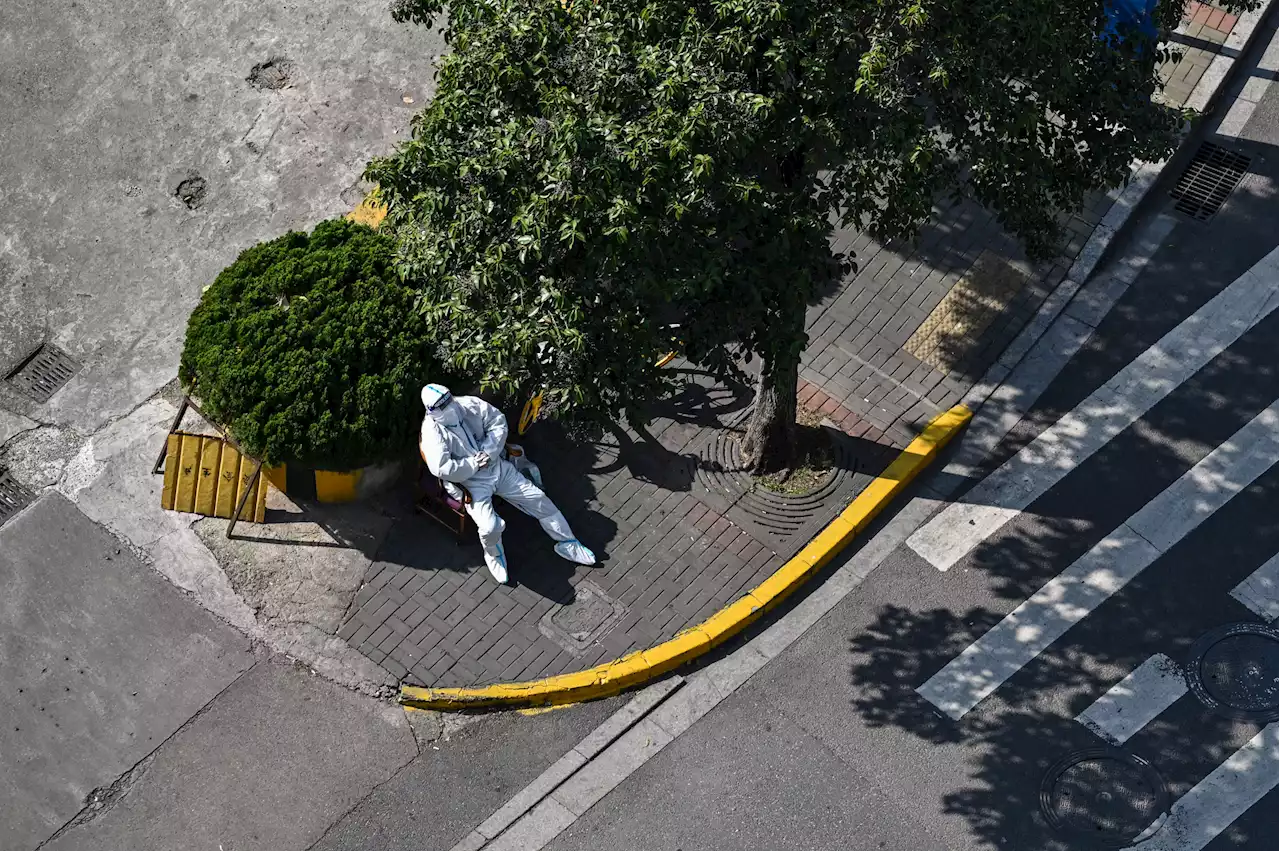After a more targeted approach failed to suppress Shanghai's recent COVID outbreak, the central government in Beijing came down hard on the city with its tried-and-tested playbook.
is underway, and exhibition centers are being converted into centralized quarantine facilities in moves that evoked scenes from Wuhan, which was abruptly shut down in order to stem a disease whose lethality wasn't fully known.
Last month residential neighborhoods where positive cases were found were sealed off, and officials took a stepped approach to containment to protect the economy. The municipal government drew up plans for a two-stage snap lockdown that would split the city in two by the Huangpu River. But on March 27, an indefinite COVID shutdown was extended citywide, catching many residents and officials off guard.
According to some projections, abandoning the zero-COVID strategy could overwhelm China's healthcare system and lead to more than 1 million deaths."But the question here is to what extent the worst-case scenario is likely. I think many of the policymakers, those who believe the zero-COVID approach, overestimate the likelihood," he says.
It would call for boosting the country's public health surge capacity, educating the public about the risks of the virus, effective triage procedures, and aggressively vaccinating the elderly."This would represent a more viable alternative to the zero-COVID strategy," says Huang, who is also a professor at Seton Hall University.
